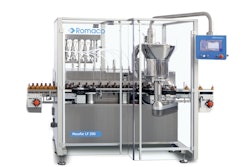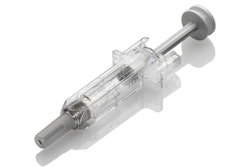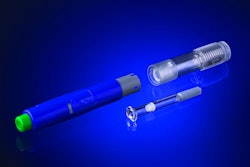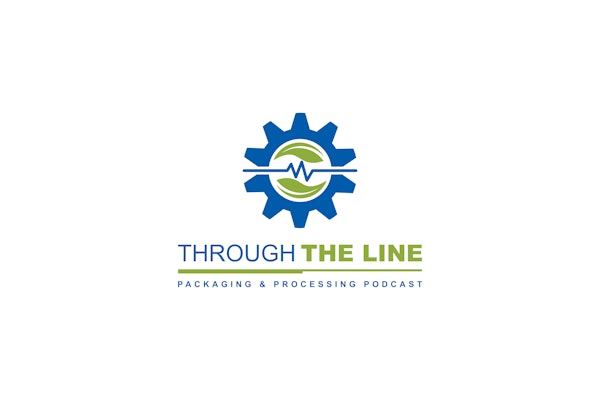
Faced with a rather aggressive timeline at a point when much of its internal capacity was focused on another critical project, Pfizer made a decision to outsource its MnB vaccine production for meningococcal disease for adolescent and infant indications. The project manager, Firelli (Fi) Alonso-Caplen, PhD, and senior director, Biotherapeutics & Vaccines Outsourcing, Pfizer, presented the “Case Study: Vaccine Manufacturing Outsourcing,” at an April 16 roundtable breakfast session during the 2013 Parenteral Drug Assn. (PDA) Annual Meeting in Orlando.
Looking back, she said prescreening and prequalifying potential vendors is a task she would have conducted if she were to conduct a similar future project. Another key, which applied to this particular 2009 project: Be more proactive in managing language translation costs. “These costs can be considerable,” she said, referring to one particular batch record translation that came with a $20,000 price tag.
“Fi” provided a “Top 10” Lessons Learned in Contract Manufacturing Organization (CMO) outsourcing, but as she said, “without the humor of a David Letterman Top 10.” These lessons/best practices were as follows:
10. For Phase III and beyond, involve commercial outsourcing colleagues in CMO selection. “Not many CMOs are flexible enough to be good at both clinical trial and commercial stages; they usually excel at one or the other.”
9. Proactive outsourcing—perform a Technical Evaluation and Quality Audit of short-listed CMOs. “Doing this in advance can give you a list of qualified CMOs.”
8. Include success criteria, persons-in-plant, and language concerns in service agreement. The manufacturer and CMO need to reach agreement on all issues, including costs and the allowance of your people into the CMO’s facility.
7. Subcontractor expectations are important for quality agreement; pre-commercial and commercial QA involvement.
6. Project management function is a critical component of the technical transfer team. “It helps to have a single-person point-of-contact at both companies so all information gets funneled though them and things get done.”
5. A joint steering committee is highly recommended for governance and issue escalation. “This only came into play once or twice during this project, but it was especially important in reaching an agreement to allow our personnel to go to the CMO facility.”
4. Schedule face-to-face joint project team meetings for kick-off, for deliverables review, and for lessons learned.
3. Train joint project team members upfront on roles and responsibilities, and in case of global contracts, provide training, such as “Business Across Borders.” “Understanding different customs and cultural differences can be crucial.”
2. Plan for at least two technical transfer pilot-scale runs and at least two engineering full-scale runs prior to cGMP manufacturing.
1. Outsourcing is still a risky business, “but if you take these steps you can mitigate those risks.”
Selection process results
Pfizer, said Alonso-Caplen, undertook a “rigorous CMO selection process.” She explained, “Our goal in the precommercial side was to focus on high-quality work with a fast turnaround, but when you get to the commercial stage, cost issues are a key focus. We believed it would be good for the same CMO to be involved in both the clinical/precommercial and commercial process.”
Initially, the company (Wyeth at that time) sent out request for information-type letters to identify which CMOs had the capabilities to do the job, such as facilities and equipment. Once that was determined, Pfizer provide more details to a shorter list of prospective CMOs, with both Pfizer and the CMO entering into confidentiality agreements about each other’s capabilities. CMOs were further vetted based on their ability to meet GMP audits, after their facilities and equipment were assessed, after their financial means were determined, and once Pfizer was able to determine each CMO’s strengths and weaknesses. The CMO’s ability to handle Pfizer’s need for testing in both the U.S. and the European Union was also important.
Ultimately, Pfizer selected Boehringer Ingelheim in Vienna, Austria. A service agreement was reached, with success criteria determined. Alonso-Caplen explained that typically one-third of the CMO’s fee is paid upfront, with the balance of the payments made once specific, agreed-upon milestones were reached. It was reported that commercial products were now being made as a result of this collaboration.
Michele Creech, quality operations manager, Grifols, Inc., served as moderator for the Vaccine Manufacturing Outsourcing roundtable breakfast session.





















